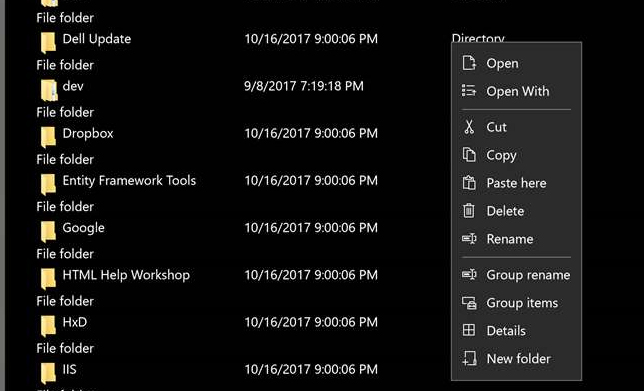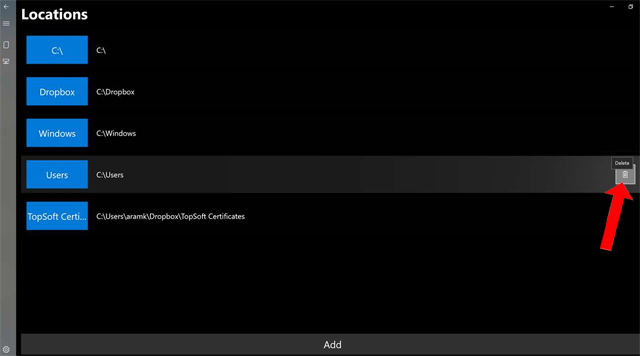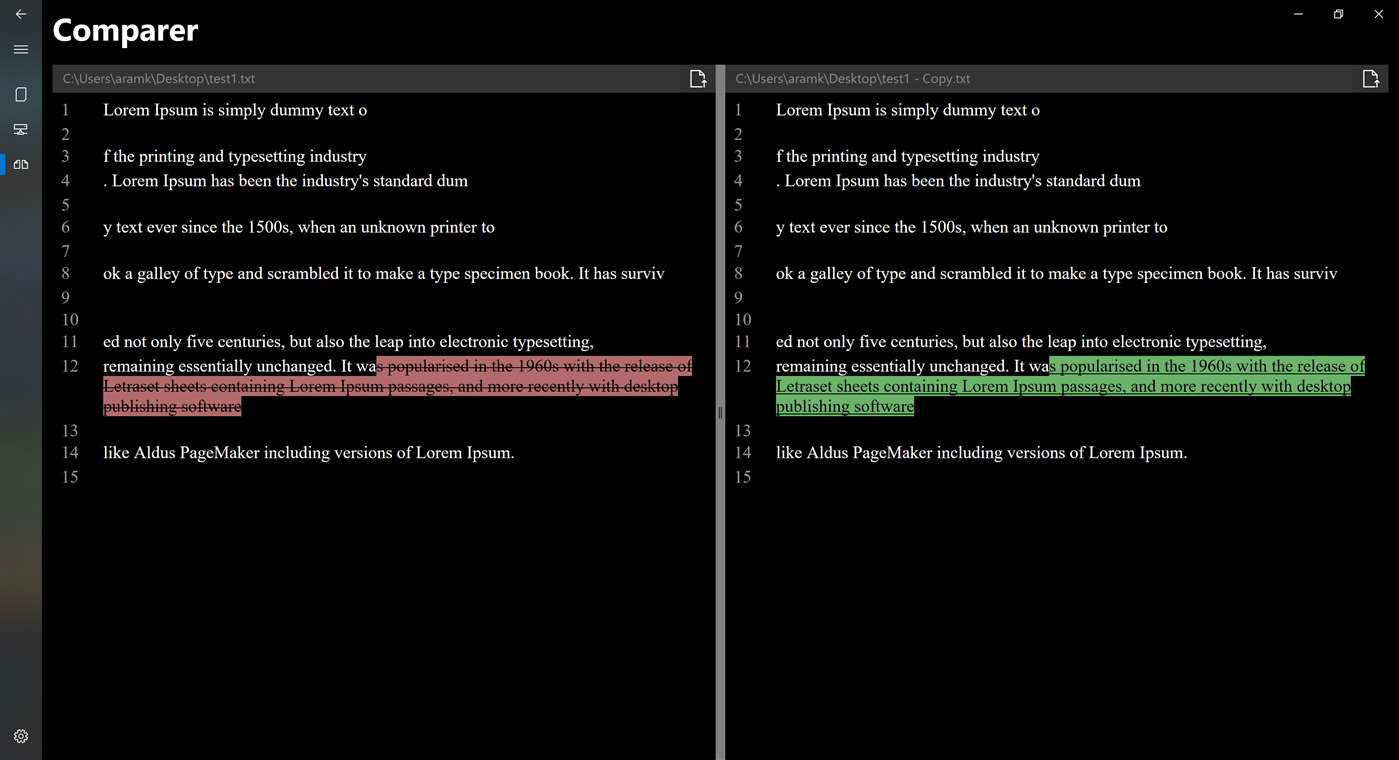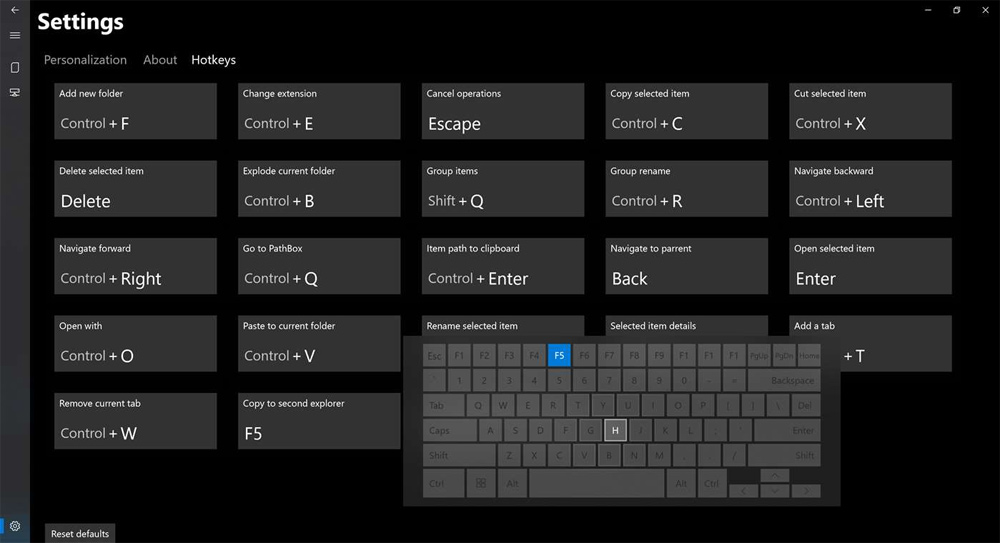How to manage tabbed data on Windows 10
Windows Explorer is a data manager on a Windows computer, but sometimes Windows Explorer does not work, the interface is blank, making it difficult to find files. If you want to find other applications that manage files on Windows 10, you can use the Kommander application.
Kommander will manage tabbed data, tabbed browsing, support for shortcuts like tab opening, no ads when used. Especially the application also supports comparing txt text, . The following article will guide you how to use Kommander to manage data on Windows 10.
- How to fix Working On It on File Explorer Windows 10
- Here's how to make the File Explorer Windows 10 interface look like File Explorer Windows 7
- How to turn on suggestions for finding files on Windows 10
Instructions for managing Windows 10 data
Step 1:
Users click on the link below to download Kommander application to the computer and proceed with the installation.
- Download the Kommander Winndows 10 app
Step 2:
In Kommander's main interface, clicking on the rectangle icon will launch the Main interface, managing the entire folder on the computer. The top will be the search bar, the folder bar, below the contents of the folders on the computer. Each folder will have time to create.

Step 3:
When the user right-click on the folder will see a list showing options such as copying, renaming, grouping, creating folders, viewing file information, .
Also, pressing Ctrl + T will display a new tab, opening the new open folder in the new tab. To close the tab can press Ctrl + W, F5 key to copy the file to the new tab, F6 key to move the file to the new tab.

Step 4:
Clicking on the computer icon at the left side of the interface will display the Locations item. Here the user can change the directory. To add a folder click the Add button below and then select the folder, click Next Select Folder.
To delete a folder from the manager, hover over the folder and click the trash can icon .

Step 5:
Click on the 2 text icon in the left menu to compare the contents of 2 txt documents. Click on the paper icon to open the text file you want to compare.

Step 6:
When clicking on the gear icon below will display the application settings interface. With the Personalization section will adjust the dark and light theme of the application.
The Hotkeys section will display the application usage shortcuts. These shortcuts users can change if desired. Click the shortcut and select another shortcut on the virtual keyboard that appears. If you want to set to the default state, click the Reset defaults button.

Not only is the tab-based data management application, Kommander also supports the txt text comparator. The basic operation with folders is still the same as when done on Windows Explorer.
See more:
- Wipe Recent Files search history on File Explorer Windows 10
- How to hide files, show hidden files, view hidden folders and file extensions on Windows 7/8/10?
- How to hide 6 folders in This PC on Windows 10
I wish you all success!